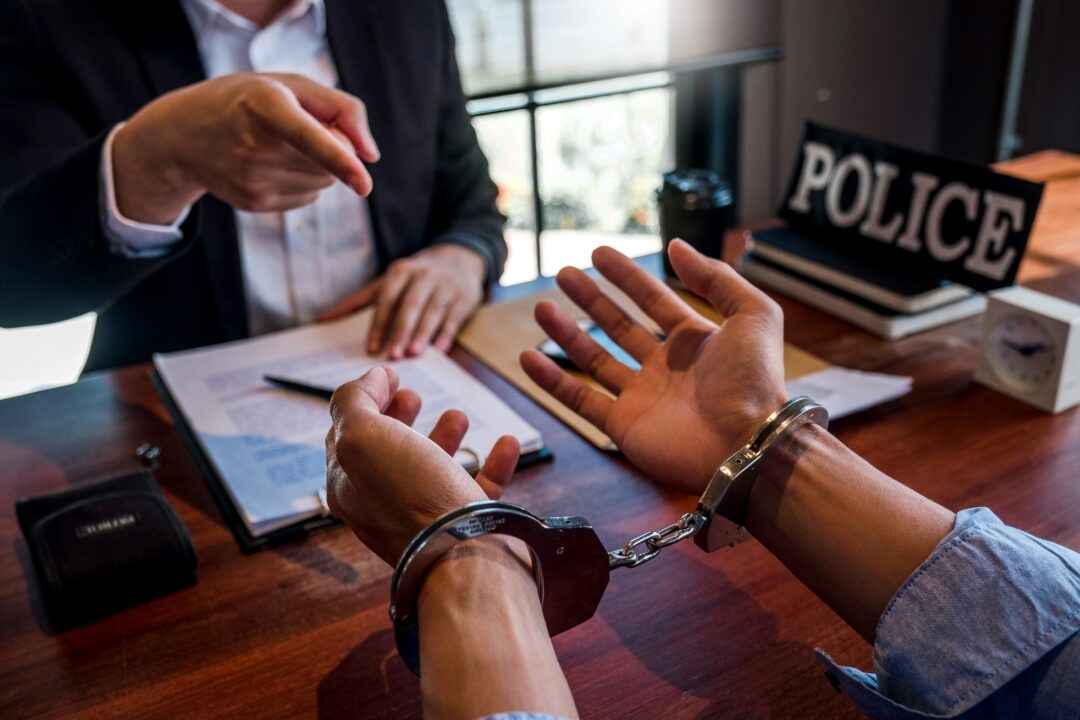Though you likely never imagine the need a criminal defense attorney, many people end up working with one regardless. Should you ever find yourself in such a situation, it’s important that you are properly prepared to discuss things with them, especially if your future hangs in the balance.
Before Meeting Your Criminal Defense Attorney
Getting yourself ready for your first meeting with your defense attorney will ensure you get the most out of it. To that end, make sure you bring all paperwork related to your case, such as:
- Any papers from the court or police
- Your bail paperwork
- A copy of the police report (if you have it)
- The names and contact info of any witnesses
Additionally, it’s wise to write down everything you remember regarding the incident as soon as possible, as your memory will be clearest early on. Include dates, times, and names.
What to Ask Your Attorney
Your next step is to devise a list of questions to ask your attorney. Some key inquiries you should bring up during your initial meeting are as follows:
What Are My Exact Charges?
First, you need to understand what you’re actually facing, seeing aslegal terms tend to be confusing to most laypeople. You need to know what your charges are, and your attorney should explain them in the simplest terms. It’s important to know whether you’re facing misdemeanor or felony charges, the potential penalties, and the outcomes of similar cases in your area.
What Are the Strengths and Weaknesses of My Case?
The answer here requires honesty from your attorney so they can help set realistic expectations. Beware of attorneys who make guarantees, especially on the first meeting, because they haven’t had a chance to properly vet the evidence.
Is There a Possible Plea Deal Bargain for My Case?
If your attorney has worked on similar cases, they will probably be familiar with common plea deals for your charges, which helps you know what to expect if you don’t go to trial.
Have You Handled Cases Like Mine Before?
Defense attorneys work in different areas of the law, so you need to know if the one you intend to work with has the proper experience with a case like yours. The attorney’s past results don’t necessarily mean a similar outcome for your case, but they will help establish patterns in the lawyer’s strengths.
Do Your Cases Usually Go to Trial or End With Plea Deals?
Some attorneys rarely go to trial. That might be fine if they’re good negotiators, but you still should look for someone who’s comfortable in court if needed.
Will You Personally Handle My Case?
At bigger firms, you might meet one attorney at first, only for another to handle your case later. Make sure you know who you’re hiring and that they’ll stick with you throughout the entire legal process.
What Are the Next Steps in My Case, and How Long Will Everything Take?
North Dakota criminal cases follow certain steps, and knowing what comes next will help ease your worries. Your attorney should tell you about upcoming court dates, deadlines, and how long cases like yours typically last.
What Should I Be Doing to Help My Case?
There might be specific things you should do or avoid, such as attending treatment programs, staying away from certain people, or gathering documents.
How Will We Stay in Touch Regarding My Case?
Find out how often you’ll get updates, whether you’ll talk directly to your attorney or their staff, and how quickly they usually respond to questions.
How Do You Charge, and What’s Your Estimate for My Case?
Legal help costs money, and a clear discussion about these fees prevents surprises. Some attorneys charge flat rates, while others bill by the hour. Get a written fee agreement before moving forward.
What Other Expenses Might Come Up?
Attorney fees are just the start. Cases may involve costs to bring in expert witnesses and investigators or the payment of filing fees. You need to understand what’s included and what isn’t.
Do You Offer Payment Plans?
Many firms offer payment options, so if expenses are a concern for you, it’s best to discuss these potential plans up front.
Trust Your Instincts When Making Your Decision
Asking each of these questions is meant to give you some level of clarity on the path that lies ahead. However, they also serve as a window into the relationship that awaits you with your criminal defense attorney. They may respond with what sounds like the right answers, but ultimately, if they don’t feel right for you, you should go with your gut.
You must also remember that your first meeting works both ways; you’re assessing the attorney, and they’re deciding whether they can represent you well. Coming prepared with good questions shows you’re serious about your defense and helps build a strong working relationship from the start.
Call Heartland Law Office today to schedule your consultation and get the legal support you need.

